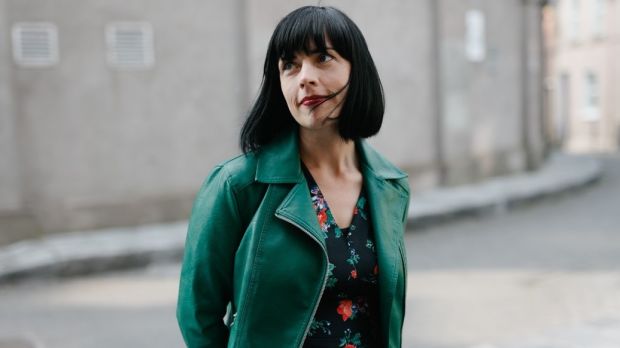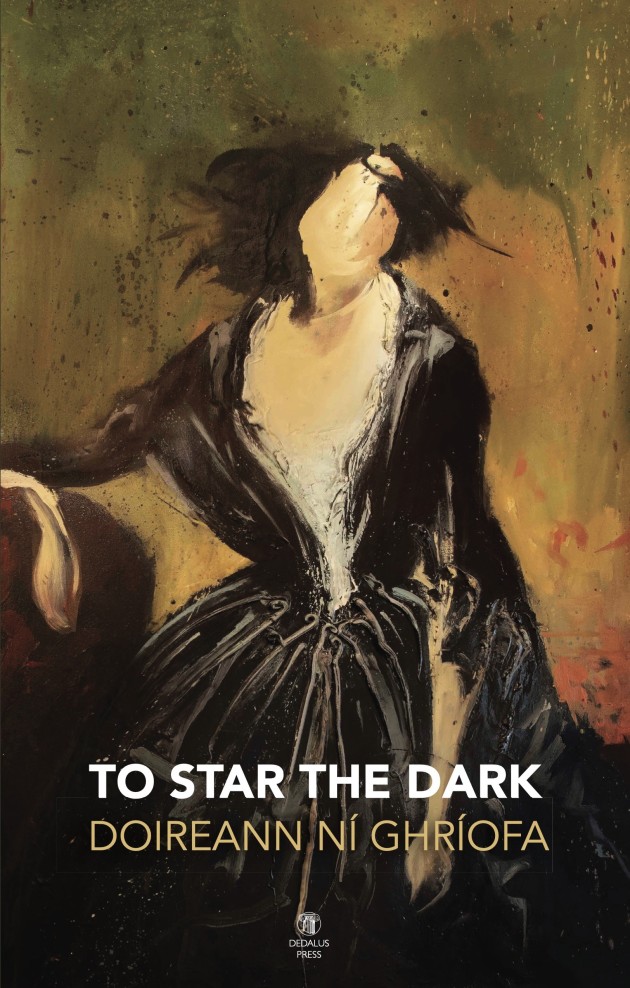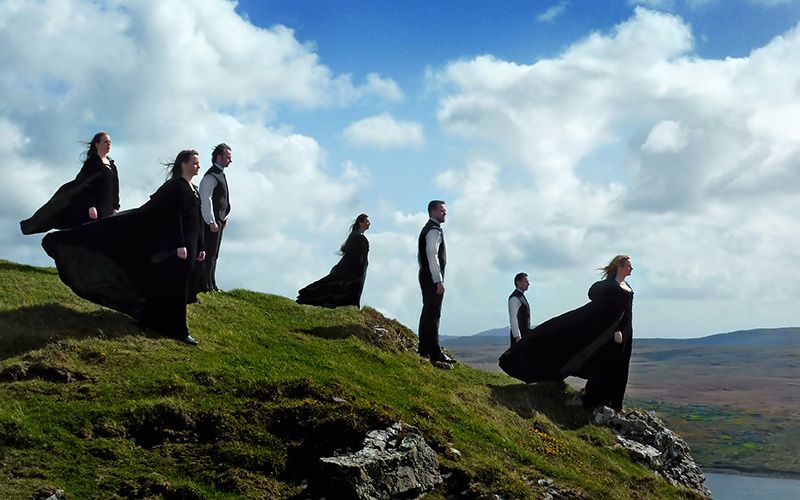
Doireann Ní Ghríofa’s latest poetry collection is out now
Doireann Ní Ghríofa’s latest poetry collection is soo to be released and it’s the award-winning writer’s first book of poetry since the release of her phenomenally successful novel/memoir/personal essay that stumped and enthralled a nation of readers, ‘A Ghost in the Throat’.
Loss, womanhood, triumph, nature, decay, motherhood, the body – all of Ní Ghríofa’s usual muses are touched on and more in this new collection. Fans of her previous work will recognise some of their favourites amongst this gathering of art, 'A Jaw Ajar' and 'While Bleeding', and will be struck anew by Ní Ghríofa’s sensory, flowing work.

She lingers lovingly over the detail of her words, looping and spilling like strands of honey in sunlight. Ní Ghríofa shape-shifts in each poem, sometimes detached as a wandering cloud, and other times as immediate and affecting as a thunderstorm.
Buildings burn and children disappear into fog, women sprout from damp soil and birds fall dead from the sky as she fluidly explores everything from life cycles to lust, ancestry to the ache of motherhood. For those who loved meeting Eibhlín Dubh in ‘A Ghost in the Throat’, she does make a reappearance, as if Ní Ghríofa couldn’t bear to leave her lying in the earth, but in this collection, it is much more Doireann we discover, than anyone else.
That being said, as in 'Ghost', some of her strongest pieces explore the inherent strangeness and yet instinctiveness of becoming and being a mother. Her flowing free verse lends itself to this clear and aching tone that permeates her relationship with herself as a mother. ‘Seven postcards from a Hospital’ is positively gut wrenching, as it echoes the meditative air of ‘Ghost’, but examines with new eyes, the almost animal bond between mother and child as her daughter’s eyes ‘dark as a mirror at night…seeks [Ní Ghríofa] out like a mouth’.

Time flies in these poems, stretching and bending; a moment is rendered and lost again, just as quickly. Before we realise it, we are at time’s mercy, cycling from child to woman to the grave and back again, in a trick of the light. The cogs keep turning and she shows us our powerlessness to stop it. History and our ancestors call from centuries before, sending their warning and genetics through time to us as we are drawn into the earth like all of them before us, soothing us like a dark lullaby.
It sounds very strange but whenever I read Ní Ghríofa’s work, I always think of Riverdance and never more so than when I read this collection. I don’t mean the flying feet and Irish-dancing-made-sexy end of Riverdance – as wonderful as it is – but of Anúna and the musicality of the production. It has that same driving, feminine, powerful, Celtic feel to it, an ancient drumming force behind her words, as dreamy, haunting and calm though they may at first appear. It’s breathless, artistic, soul-soaring, like that moment when the soloist hits that pure high note – it appears effortless, but there’s a determined steeliness to the power it takes to produce that note.

Ní Ghríofa’s ‘A Chorus in Capes’ is what really drew Anúna to mind in this reading;
we are grasping towards water
past badger and fox
no moon, no, no star
when we wrench off our socks
only darkness so sharp
it fills pockets with rocks
we walk into rivers we walk into seas
we walk into lakes we will never speak
Less sombre than a march, but less joyful than a reel, there is a grim determination to this march to water, like the cloaked Anúna drifting from the mists. A sisterhood, a shared beat in their footsteps, a silent howl to the moon, these cloaked figures return to the earth in a chilling and yet somehow comforting moment.
Ní Ghríofa managed to access that ancient part of you that Riverdance’s music reaches, a part that can’t be accessed by the modern world. Anúna’s ‘Shivna’, is the closest I have come to that feeling that Ní Ghríofa masterfully elicits from us in the same summoning way that she raises the dead and has them walk with her, if just for the space of a page.
Order here.






